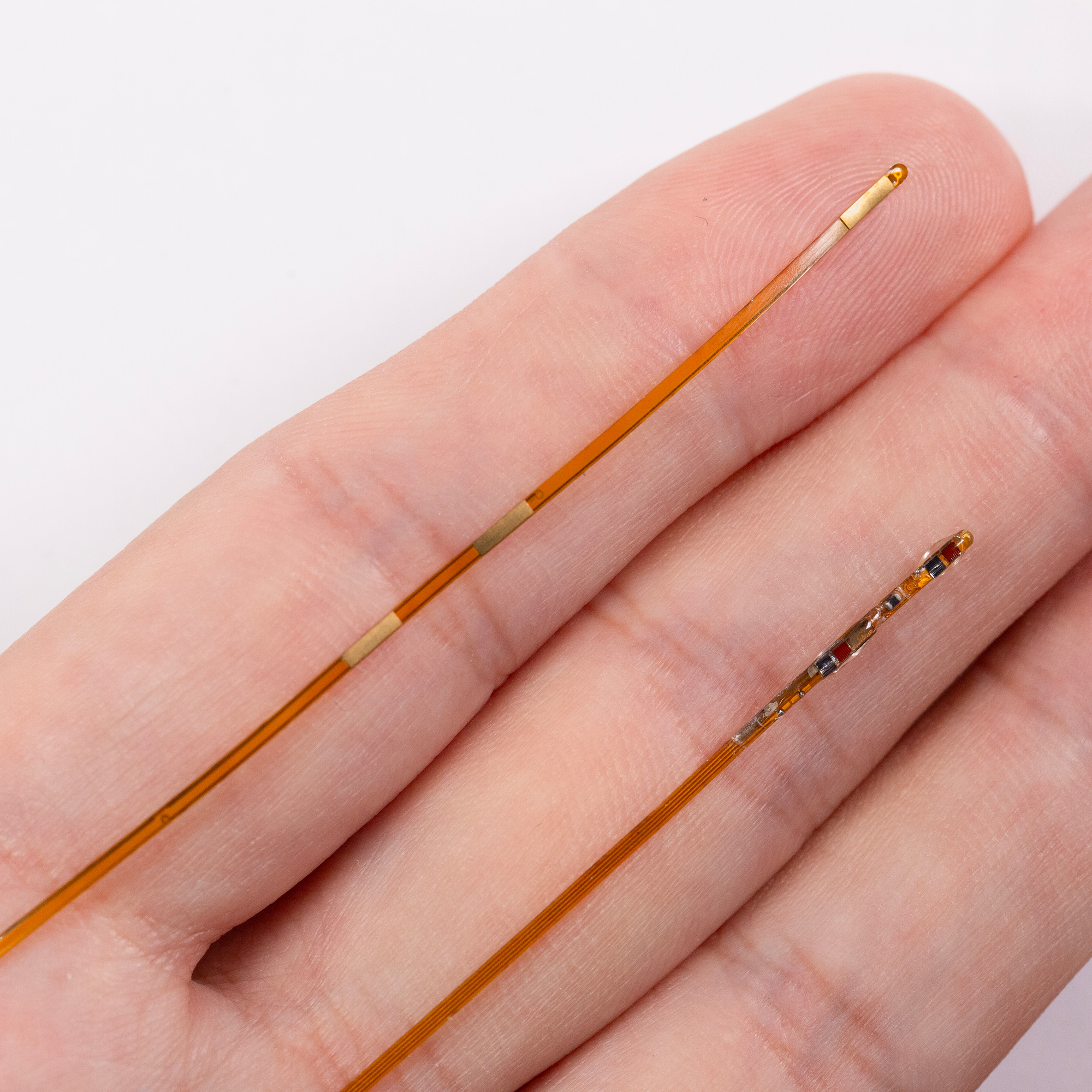Media Coverage
The work done by Northwestern University Feinberg School of Medicine faculty members (and even some students) is regularly highlighted in newspapers, online media outlets and more. Below you’ll find links to articles and videos of Feinberg in the news.
-
New York Times
–
Are Garlic Supplements Good for Your Heart?
Studying dietary supplements can be challenging because their composition varies across products. It’s also tricky to tease out whether the supplement was responsible for a participant’s improved health, or if it was another factor like their diet, lifestyle or genetics, said Dr. Linda Van Horn, a professor emeritus of preventive medicine at the Feinberg School of Medicine at Northwestern University.
-
New York Times
–
A.I. Is Making Doctors Answer a Question: What Are They Really Good For?
Dr. John Erik Pandolfino, a specialist in gastroesophageal reflux disease, or GERD, at the Feinberg School of Medicine at Northwestern University, created an A.I. solution he calls GERDBot. It triages patients, steering those who don’t really need to see him to other providers. The goal is to expedite care for those with more worrisome symptoms.
Patients start by answering the bot’s questions. Those whose symptoms indicate a serious problem are seen right away. The others get a call within a week from a nurse practitioner or a physician assistant who allays their fears and gives them medicines, if necessary, that can help.
-
CBS News
–
A police officer thought he had a muscle cramp. He ended up fighting for his life.
Dr. Christopher K. Mehta, the cardiac surgeon who treated Johnson, said that Johnson only survived “because everything happened with extraordinary speed and teamwork.” Aortic dissections resemble other heart conditions, and aren’t always recognized right away, even though they need rapid treatment. Once in the operating room, aortic dissection repairs “are among the most complex emergency surgeries in cardiovascular medicine,” Mehta said.
-
TIME
–
What’s the Easiest Way to Start Strength Training?
Strength training offers “a multitude of benefits,” says Craig Hensley, associate professor of physical therapy and human movement sciences at Northwestern University Feinberg School of Medicine. Research keeps revealing them: One study published in the British Journal of Sports Medicine linked strength training to a lower risk of cardiovascular disease, cancer, diabetes, lung cancer, and early death.
-
Chicago Sun-Times
–
U.S. life expectancy hit an all-time high in 2024, CDC says
In 2024, about 3.07 million U.S. residents died, about 18,000 fewer than the year before. Death rates declined across all racial and ethnic groups, and in both men and women. Heart disease remained the nation’s leading cause of death, but the death rate due to it dropped by about 3% for the second year in a row. A combination of factors are likely at play, including advances in medical treatments and weight management, said Dr. Sadiya Khan, who treats and studies heart disease at Northwestern University.
-
CNN
–
Why the mid-30s are a major turning point for men’s heart health
The report, published Wednesday in the Journal of the American Heart Association, followed more than 5,000 adults from young adulthood and found that men reached clinically significant levels of cardiovascular disease about seven years earlier than women.
“Heart disease doesn’t happen overnight; it develops over years. One of the things I think oftentimes people aren’t aware of is that it can start really early in your 30s or 40s,” said study coauthor Dr. Sadiya Khan, professor of cardiovascular epidemiology at Northwestern University Feinberg School of Medicine in Chicago.
-
CBS News
–
Life expectancy in U.S. hit record high of 79 years in 2024, CDC says
Heart disease remained the nation’s leading cause of death, but the death rate due to it dropped by about 3% for the second year in a row. A combination of factors are likely at play, including advances in medical treatments and weight management, said Dr. Sadiya Khan, who treats and studies heart disease at Northwestern University.
-
Washington Post
–
An infection liquefied a man’s lungs. This invention kept him alive.
Doctors in Chicago saved the life of a young Missouri man with a rare infection that had liquefied his lungs, hooking him up to what they have called a total artificial lung. The patient, whose name was not released, survived on the lung for 48 hours, and then received a lung transplant.
Two and a half years later, the patient, now in his mid-30s, is alive and back working in his family business, according to Ankit Bharat, his lead surgeon and executive director of the Northwestern Medicine Canning Thoracic Institute, where the surgeries were performed.
-
NBC
–
People who naturally stay up late may have worse heart health than early risers
Dr. Phyllis Zee, director of the Center for Circadian and Sleep Medicine at Northwestern University’s Feinberg School of Medicine, calls herself a “flexible owl.” That is, she can stay up late or wake up early as needed.
The good news, Zee said, is the unhealthy behaviors common to night owls that contribute to poor heart health are modifiable. The downside is some of them are harder to change than others.
-
TIME
–
Since Lung Cancer Is So Deadly, Why Don’t More People Get Screened?
“The current guidelines for lung cancer screening are based on a very outdated model for risk assessment,” says Dr. Ankit Bharat, chief of thoracic surgery and executive director of the Canning Thoracic Institute at Northwestern Medicine. “It presumes smoking is the only cause of lung cancer. Anyone exposed to secondhand smoking, air pollution, or radon—risk factors that are well established—doesn’t have any way of getting screened.”






